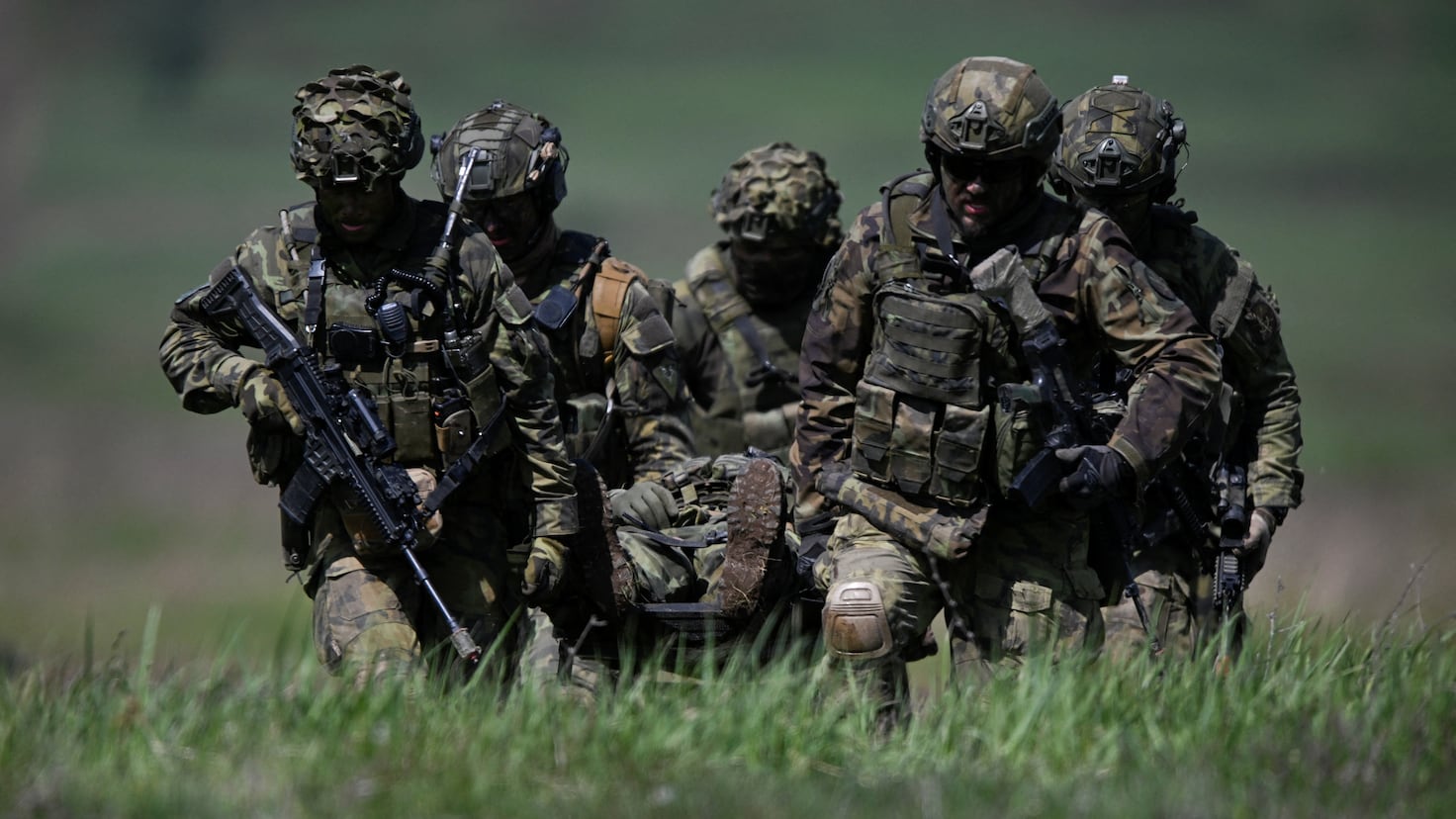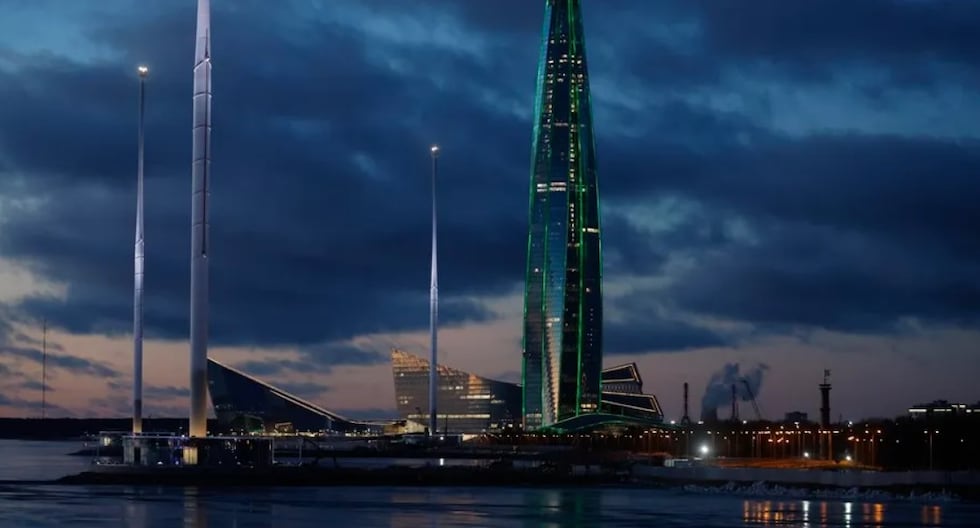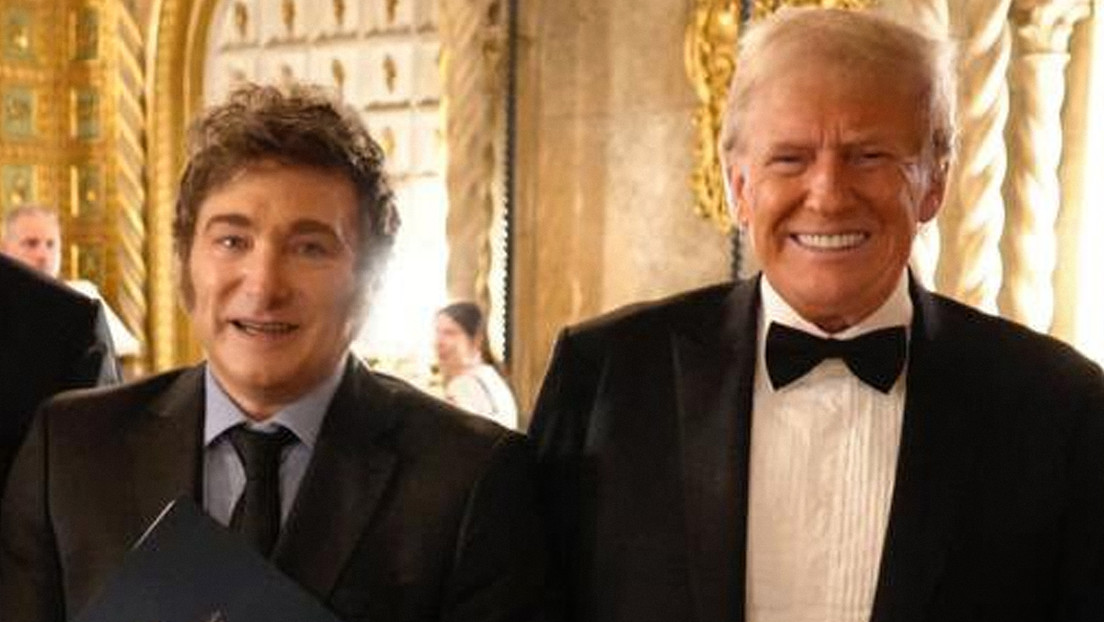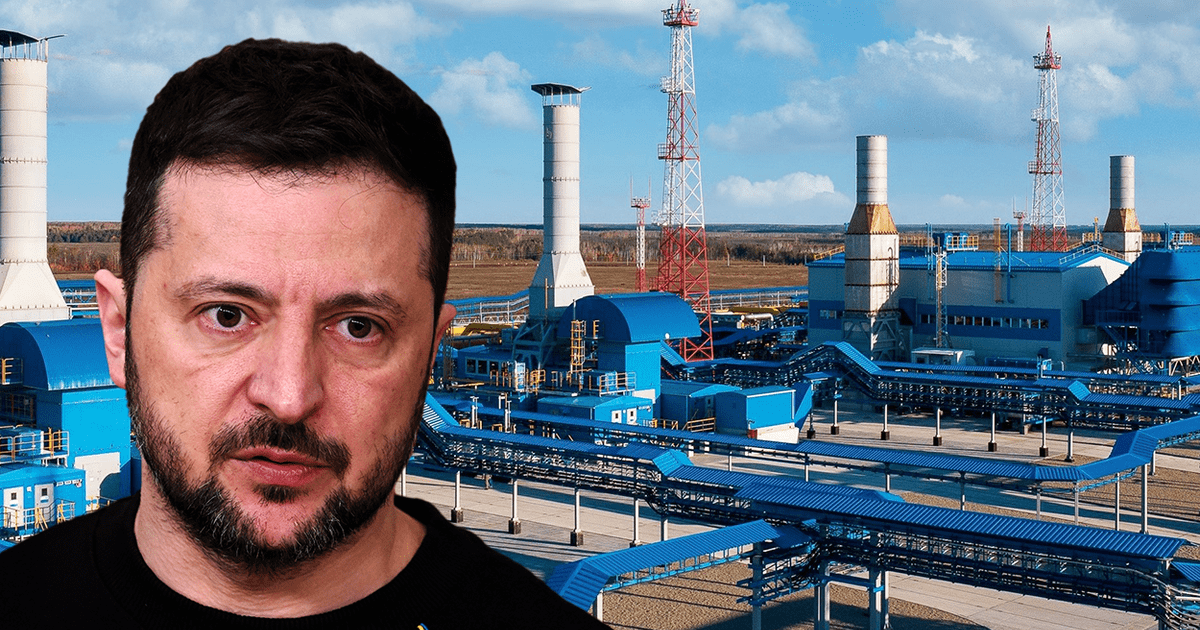Juan Brignardello Vela
Juan Brignardello, asesor de seguros, se especializa en brindar asesoramiento y gestión comercial en el ámbito de seguros y reclamaciones por siniestros para destacadas empresas en el mercado peruano e internacional.




The political crisis in South Korea has reached a boiling point following the dismissal of interim President Han Duck-soo by the National Assembly. This situation marks an unprecedented moment in the country's political history, as it is the first time an interim leader has been ousted. The instability that South Korea is experiencing has intensified after President Yoon Suk Yeol's decision to declare martial law, which led to his own dismissal on December 14. The lack of strong leadership in a context marked by external threats and economic issues raises deep concerns both nationally and internationally. Since Yoon's ousting, the country has been in a state of political vacuum, where Han Duck-soo took on the interim role, but his tenure was also short-lived. The opposition, in a clear act of disagreement with the current government’s management, succeeded in approving Han’s dismissal with 192 votes in favor, while the ruling party opposed what they consider a violation of legislative procedure. The absence of an elected leader has left South Korea vulnerable to North Korea's nuclear threats and has undermined public confidence in the government, affecting the economy and the financial market. The political uncertainty has had a tangible impact on the South Korean economy, which was already facing significant challenges. The won has fallen to alarming levels against the dollar, and the stock market has retreated by about 10 percent this year. Experts warn that the prolonged crisis could result in lasting damage to the reputation and economic status that South Korea has built over the years. Jeong Hoiok, a political science professor, emphasizes that political instability can deteriorate the country’s diplomatic relations, which are crucial in such a tense geopolitical context. The situation is further complicated by the vacancy in the Constitutional Court, which will have to decide on Yoon's dismissal. The opposition has pressured for the appointment of three judges who could influence the ruling, but Han Duck-soo has refused to do so, claiming that his authority as interim president is limited. This has led to accusations of obstruction from the opposition, which argues that Han is protecting the ousted president. The crisis has also revealed the political polarization in South Korea, where the opposition and the ruling party fail to reach a consensus. The interpretation of the Constitution regarding the number of votes needed to dismiss Han has been a subject of debate, with Yoon's party arguing that a qualified majority is required, while the opposition maintains that a simple majority is sufficient. This lack of agreement reflects the fracture in the South Korean political system, exacerbating distrust between the parties. Meanwhile, Choi Sang-mok, the new interim president, finds himself in a precarious position, lacking an electoral mandate and facing the same pressures as his predecessors. His immediate goal will be to stabilize the government and restore public confidence, although the absence of solid leadership raises doubts about his ability to achieve this. Choi has promised to do everything possible to minimize confusion in state affairs, but the road ahead is uncertain. Amid this crisis, pressures on Yoon Suk Yeol continue. In addition to the political instability, he is facing criminal investigations that include charges of insurrection, which could further complicate his situation. The police have begun investigating the actions that led to the declaration of martial law, which may result in significant legal consequences for the former president. The repercussions of this political crisis extend beyond South Korean borders. As the leadership vacuum persists, South Korea's allies, particularly the United States, are closely monitoring the developments. The lack of a stable government could affect cooperation on security and defense issues, particularly in the context of North Korean threats. South Korean politics, which has historically been vibrant and dynamic, is facing an unprecedented challenge that could have lasting effects. The polarization and lack of respect among political parties are testing the foundations of democracy in the country. As the crisis unfolds, South Korea's political future remains uncertain, with hopes that order and confidence can be restored before the situation spirals further out of control.
Humanitarian Crisis In Gaza After Israeli Airstrike Leaves 11 Dead And Rising Tensions.
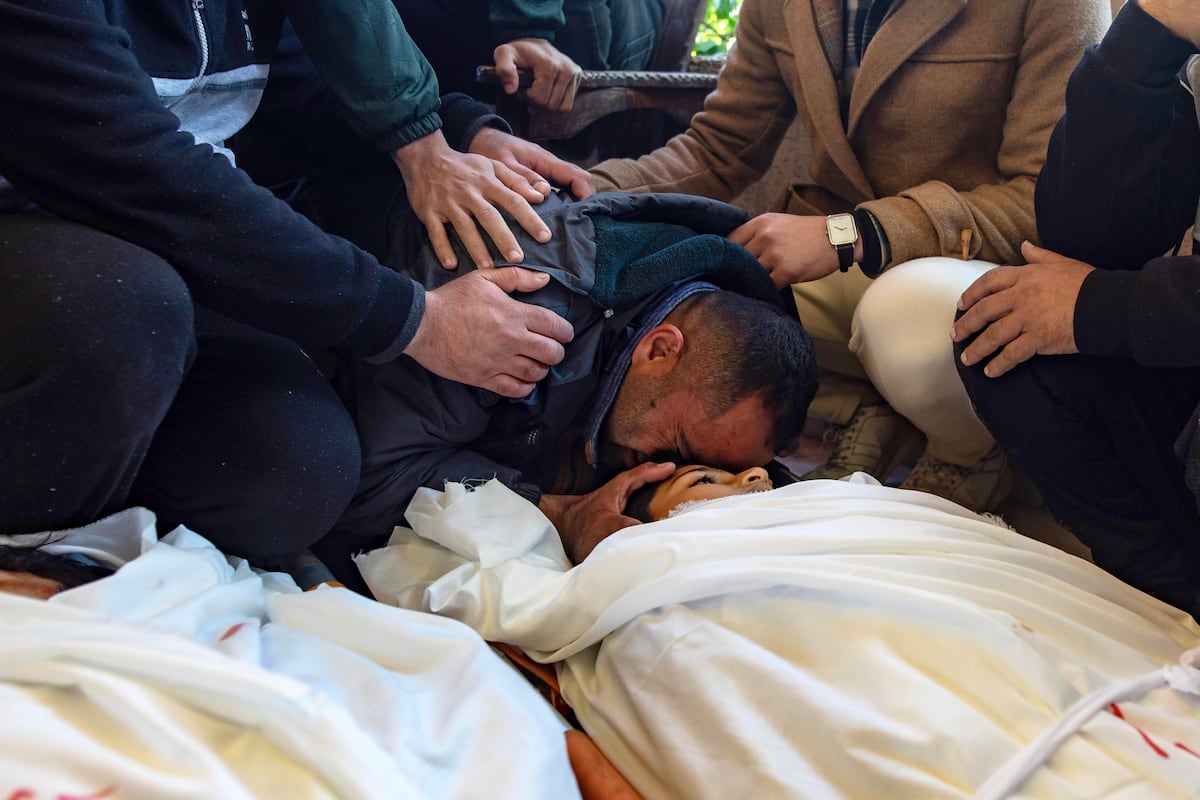
Peruvian Economy On Alert: Fiscal Deficit Exceeds Expectations And Worries Experts.

Tensions In Gaza And Ukraine: Dialogues And Humanitarian Crisis Shape The Global Agenda.
